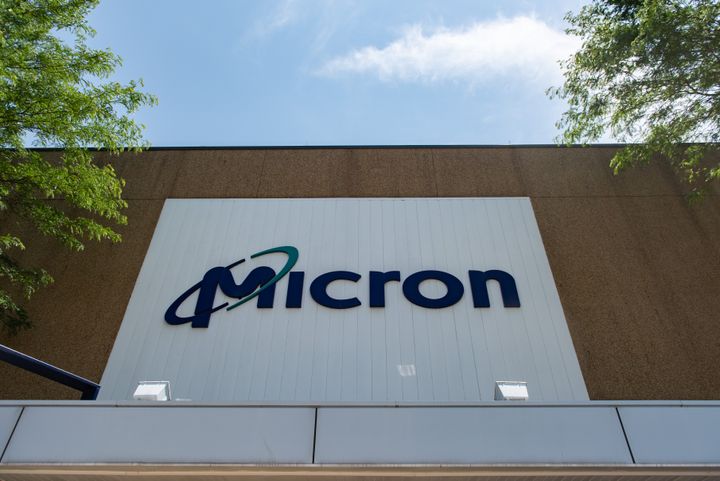Chinese Businesses Turn to Vietnam Amid Eased Restrictions and Trade War

The Lede: Vietnam has seen a surge in investment as China’s relaxation of the stringent virus-containment measures led to a wave of interest from companies and suppliers trying to escape the impact of Sino-U.S. trade tensions.
What we know:
- Following the end of China's zero-COVID policy in December, Chinese companies invested in 45 new projects in Vietnam within the first 50 days of 2023, representing the highest number of investments from a single country, according to Vietnamese government data, Reuters reported.
- The current influx of investors predominantly consists of smaller companies that supply goods or services to larger corporations such as Samsung Electronics Co Ltd, Apple Inc, and Canon Inc, already well-established in the Southeast Asian market.
- So far this year, Chinese companies have tripled their spending on new construction projects in Vietnam to $250 million, compared to the same period last year, according to official data. This level of investment marks second only to that of Singapore, surpassing traditionally larger investors like South Korea and Japan, according to Reuters.
- The shift is further driven by factors such as rising labor costs in China, growing U.S. restrictions on high-tech trade, and reciprocal tariffs resulting from the ongoing trade war between the two world powers.
The background: Vietnam has long served as a cheap alternative to China for companies outsourcing production, with a combination of low labor costs and proximity to more sophisticated Chinese supply chains. The economy was further fueled by a trade agreement and good relations with Washington that spared manufacturers from tariffs and sanctions applied to China.
As a result, foreign investment rose 13.5% to $22 billion last year and the economy grew by 8% after manufacturers like Samsung Electronics LG and Hon Hai Precision Industry powered exports, contributing to the expansion of industrial clusters.
Once U.S.-China relations reached a new low, these big companies set on a mission to decouple from China moving their productions out of the country. But up until now a significant portion of their supplies still predominantly originated from China and in some cases, companies were heavily dependent on Chinese know-how.
Now a bulk of smaller suppliers have joined the influx, providing goods and services to larger firms.
Likely outcomes/Takeaway:
- Moving to Vietnam comes with its challenges, as historical tensions between the neighbors and competing claims in the South China Sea have led to anti-Chinese sentiment, resulting in targeted riots in 2014. Investment applications from Chinese firms often undergo additional scrutiny, causing delays or rejections, which encourage investment through shell companies based in Hong Kong or Singapore. Chinese firms also face longer wait times for staff visas and work permits.
- Vietnam's closeness to China, young and rapidly growing labor force, and relative political stability act in its favor, but the ongoing anti-corruption campaign, which resulted in the recent removal of the president and two deputy prime ministers, is causing unease. If political turbulence further increases it might affect investments, especially new money.
- Despite these risks, the current influx signals that the trend is likely to continue, as the Sino-U.S. trade war further intensifies. A survey conducted by the American Chamber of Commerce in Vietnam revealed that more than 80% of businesses operating in the country intend to grow their operations within the next few years.
- SpaceX, Netflix, and Boeing are among the companies participating in the largest-ever U.S. business delegation to Vietnam next week to explore investment and sales prospects in the country, at an event organized by the U.S.-ASEAN Business Council. The event serves as another signal that there is a rising interest in the thriving Southeast Asian nation.
Quotables:
- “The only thing predictable about China today is its unpredictability, and that is poisonous for the business environment.” – Bettina Schoen-Behanzin, a vice president of the European Chamber
- “Recent events have reminded everyone that too much exposure in any single country, no matter what country, puts a company at risk for large losses or even bankruptcy.” – Sam Wilkin, the director of political risk analytics at the insurance broker Willis Towers Watson told the Foreign Policy
Good Reads:
In China decoupling, companies still rely on Chinese know-how (Nikkei Asia)
Apple Supplier’s Vietnam Chief Exits After Outlining China Shift (Bloomberg)



